The beauty industry has entered a transformative phase. It’s no longer just about trends or aesthetics—it’s about you. From AI-driven skincare regimens to mood-based beauty rituals, the landscape has evolved to center around hyper-personalization and wellness integration.
This shift reflects a deeper cultural movement toward self-care, individuality, and holistic health, where beauty is seen as a reflection of both outer appearance and inner balance. Consumers today demand products and routines that adapt to their unique skin, body, emotions, and lifestyle.
Let’s take a deep dive into how hyper-personalized beauty and wellness-focused skincare are changing the way we think about beauty.
🔍 What Is Hyper-Personalization in Beauty?
Hyper-personalization refers to products, experiences, and services that are tailored specifically to an individual’s needs, using data, AI technology, and personal preferences.
Unlike the one-size-fits-all approach of the past, this model focuses on:
- Custom skincare formulations based on skin type, concerns, and even environment
- DNA-based or microbiome-based recommendations
- Adaptive beauty routines that change with age, hormones, seasons, or stress levels
- Real-time AI tools to scan your skin and suggest products instantly
🧘♀️ What Is Wellness Integration in Beauty?
Wellness integration means weaving holistic health practices into your beauty routine. This could include:
- Products infused with adaptogens or calming botanicals
- Skincare rituals aligned with circadian rhythms
- Beauty routines based on emotional states or menstrual cycles
- Mindful application techniques that double as self-care
This approach treats beauty as a mind-body connection, recognizing that stress, sleep, diet, and emotions all impact your skin and appearance.
🔬 1. AI & Skin Diagnostics: Beauty Powered by Data
Many brands are using AI technology to offer highly personalized skincare diagnostics right from your phone.
How it works:
Apps or online platforms scan your skin using your phone’s camera and analyze data such as:
- Pore size
- Wrinkles
- Redness
- Oil levels
- Pigmentation
Based on this, the system recommends targeted products or even creates custom formulas for your specific concerns.
Brands leading the way:
- Atolla (custom serums using data tracking)
- Proven Skincare (AI-based personalized skincare)
- Skinsei by Nestlé (microbiome and lifestyle-driven skincare)
🧬 2. DNA & Microbiome-Based Beauty
Personalization has gone cellular. Some skincare brands now offer DNA testing or skin microbiome analysis to formulate hyper-specific products.
What they analyze:
- Skin sensitivity
- Collagen production genes
- Inflammation response
- Antioxidant needs
- Microbial imbalances
Why it matters:
Your genetics and skin flora can tell you what ingredients your skin truly needs (and which to avoid), reducing trial and error.
Example: A DNA report might suggest avoiding retinol and using bakuchiol instead, or highlight the need for stronger ceramide support.
🌿 3. Wellness-Infused Ingredients: Beauty Meets Adaptogens & Supplements
Skincare isn’t just topical—it’s therapeutic. Many products are now designed to support both skin and mood with ingredients like:
- Adaptogens (ashwagandha, ginseng) to reduce stress-induced skin flare-ups
- Magnesium and melatonin for calming night creams
- Vitamin B complexes and collagen peptides in drinkable beauty supplements
- CBD or hemp for inflammation and anxiety relief
- Probiotics and prebiotics to balance the gut-skin axis
These ingredients target not just the skin concern but the root cause, often linked to sleep, stress, hormones, or gut health.
🧴 4. Multi-Sensory & Mood-Based Products
Wellness-focused beauty also appeals to the senses and emotions. Products are being developed to support mental well-being while enhancing appearance.
Trending now:
- Aromatherapy serums with calming lavender or energizing citrus
- Face masks designed to relax the nervous system
- Color-changing mood lipsticks that respond to body heat
- Meditation-based skincare rituals guided by apps
Why it works:
Engaging smell, touch, and sound during your beauty ritual helps reduce cortisol (the stress hormone), which in turn supports clearer, calmer skin.
🛁 5. Custom Beauty Kits & Adaptive Routines
Many brands now offer build-your-own skincare kits where users can select ingredients, textures, or delivery methods.
Example routines include:
- Morning: lightweight gel with vitamin C and green tea
- Evening: rich balm with retinol-alternatives and peptides
- Hormonal phase: soothing barrier cream during PMS or ovulation flare-ups
Some apps even track your cycle, location (humidity, pollution), and sleep data to offer a daily routine recommendation.
📲 6. Wellness-Driven Beauty Apps
Beauty and wellness tech has become inseparable. Mobile apps now track your stress levels, hydration, sleep, and recommend beauty actions accordingly.
Top features include:
- Skin scanning and mood journaling
- Breathwork sessions tied to beauty rituals
- Hormone-based skincare alerts
- Custom meditation + skincare timers
- Hydration reminders and supplement tracking
Examples:
- YouCam Skin (AR skin scanner)
- TroveSkin (AI + habit tracking)
- Calm + Glow (beauty meets mindfulness)
🌸 7. Holistic Beauty Services
Spas, salons, and dermatology centers are now offering personalized beauty experiences based on wellness.
Think:
- Facial massages with essential oils matched to your emotional state
- Ayurvedic or TCM (Traditional Chinese Medicine)-inspired facials
- LED therapy synced to your skin and mood needs
- Skincare paired with acupuncture or reiki
These experiences go beyond just pampering—they aim to restore your skin and soul.
🌱 8. Sustainability & Ethics in Personalization
Hyper-personalization also helps reduce product waste, as consumers buy only what they need, not what’s trendy.
How it’s ethical:
- Custom formulas = less trial-and-error waste
- Smaller batch sizes = lower environmental footprint
- Many personalized brands offer refillable packaging
- Some use eco data to suggest lower-impact ingredients
Consumers now expect transparent sourcing, cruelty-free practices, and inclusive representation—making personalization not only smart but also responsible.
💡 Final Thoughts: The Beauty of Personal Alignment
Beauty is personal, purposeful, and profoundly connected to wellness.
We’ve moved from mass marketing to mindful matching—pairing people with products that truly suit them and support their emotional well-being. Whether it’s through a custom serum tailored to your DNA or a nighttime face mist infused with sleep-enhancing botanicals, the beauty of today is deeply personal.
Hyper-personalization and wellness integration are not just trends—they are a reflection of a larger shift toward individual empowerment, self-awareness, and intentional living.

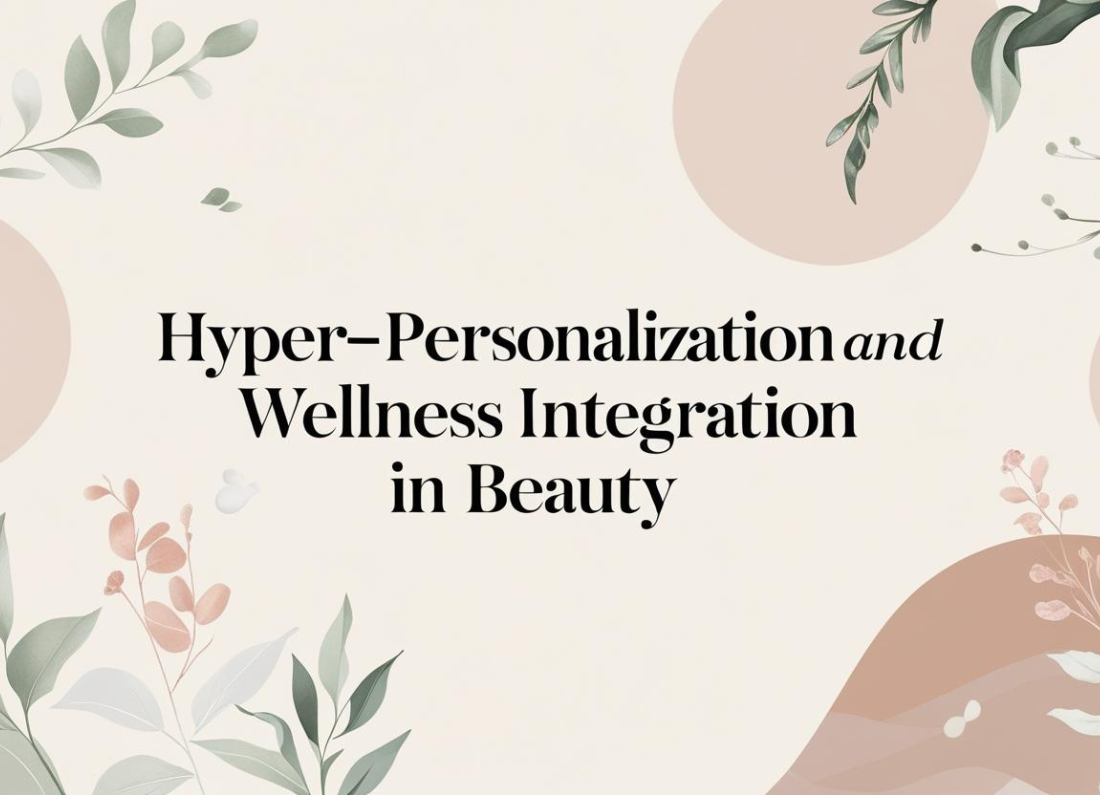




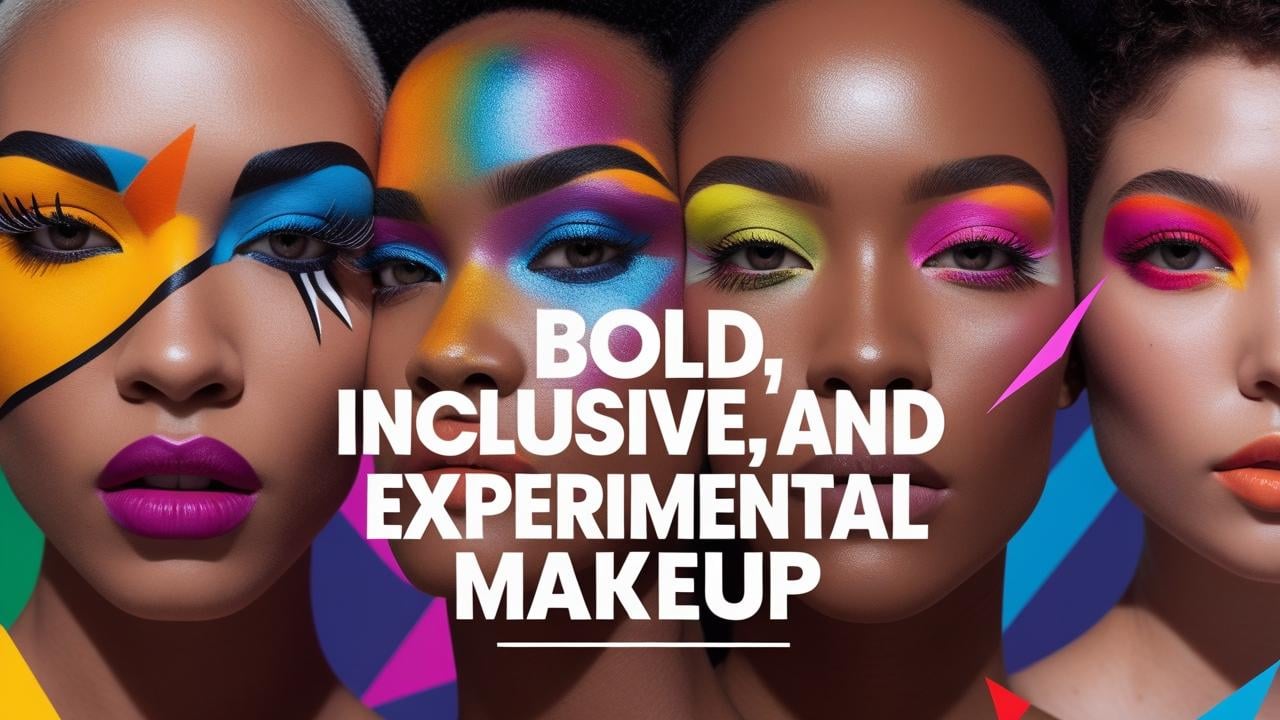
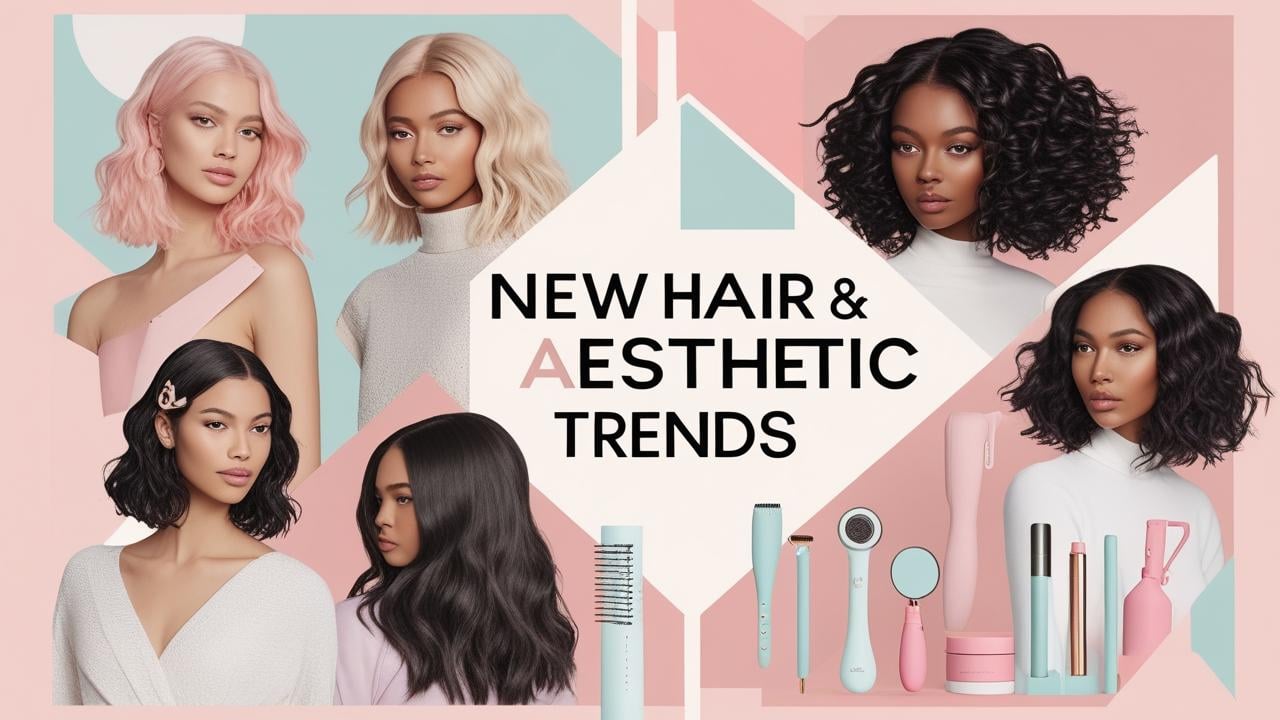
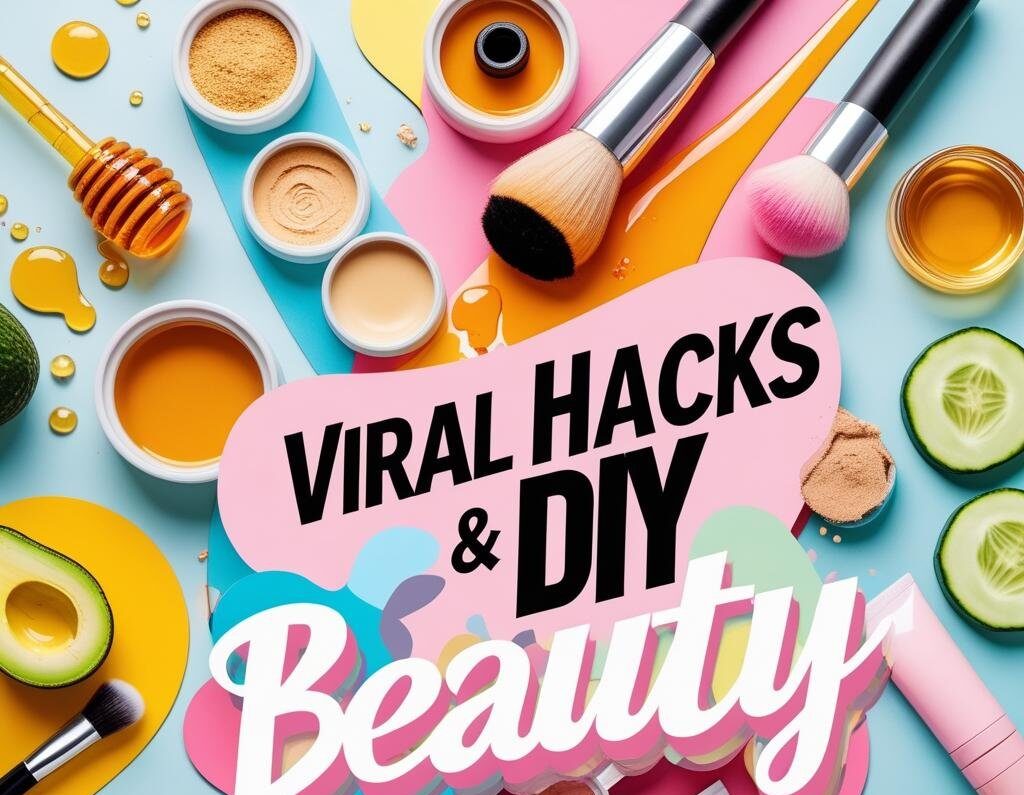
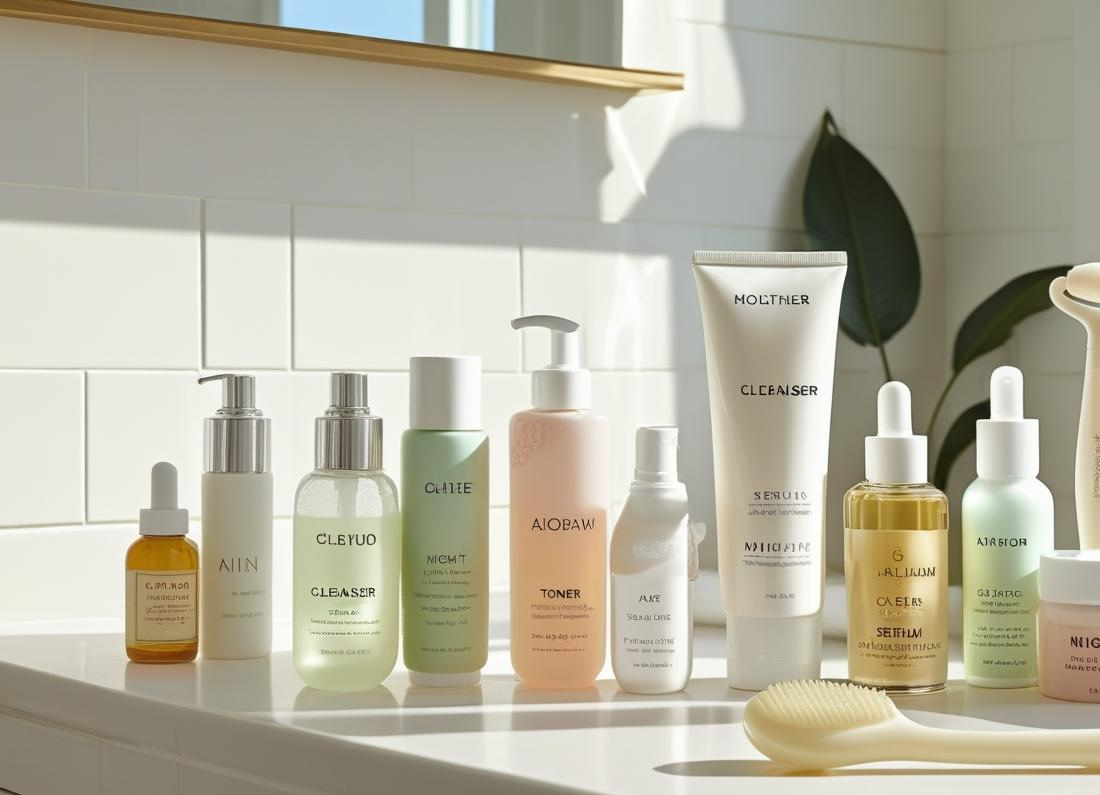
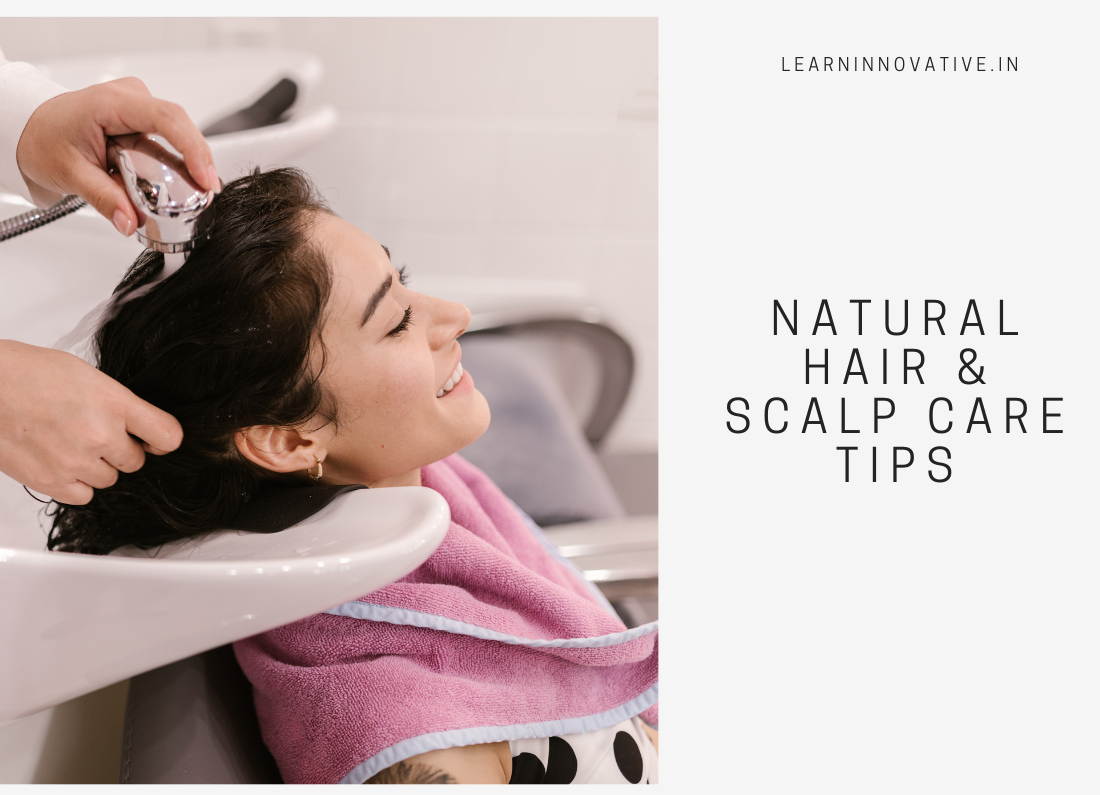




Leave a Reply